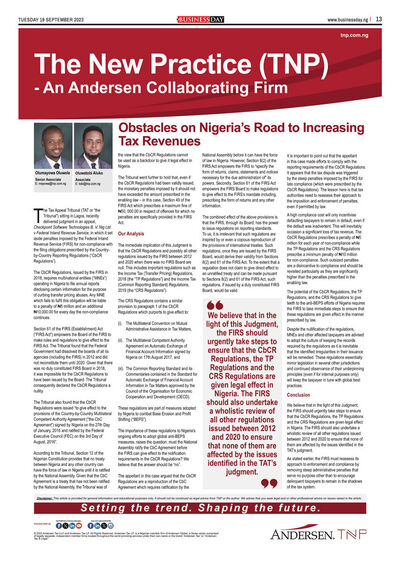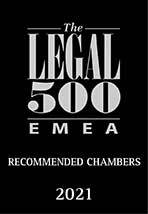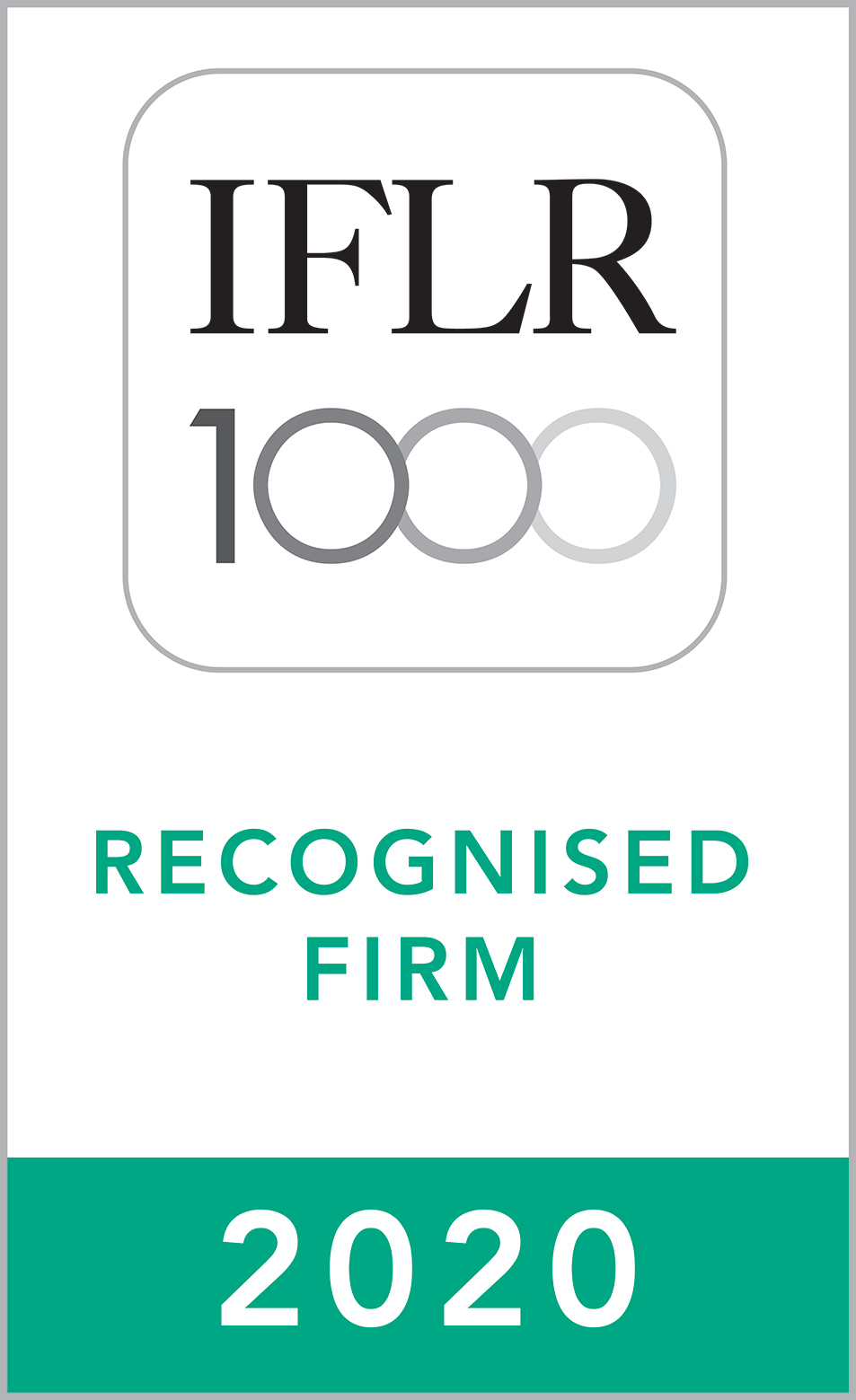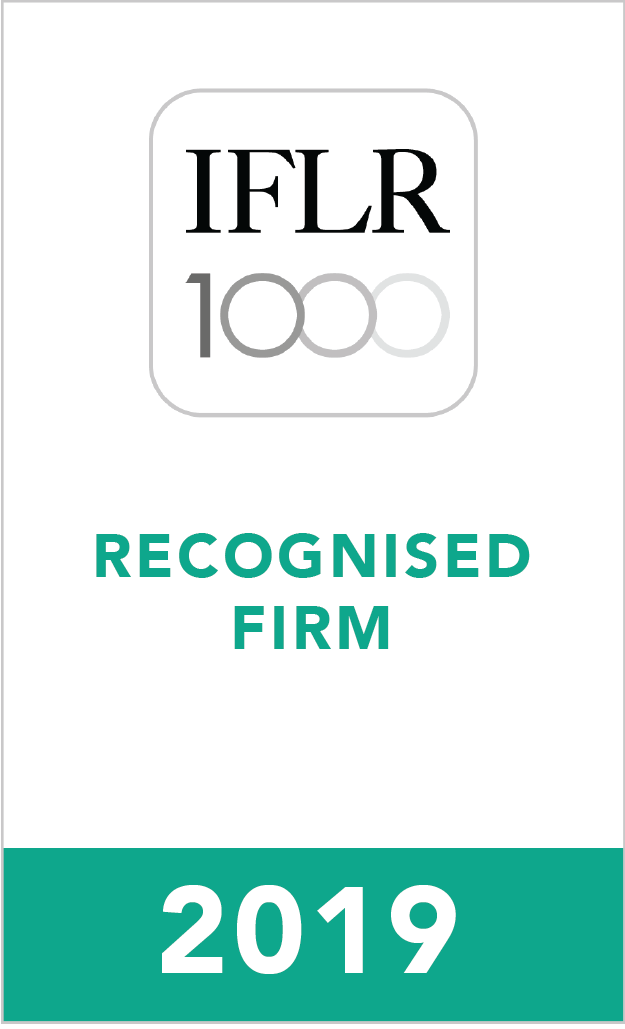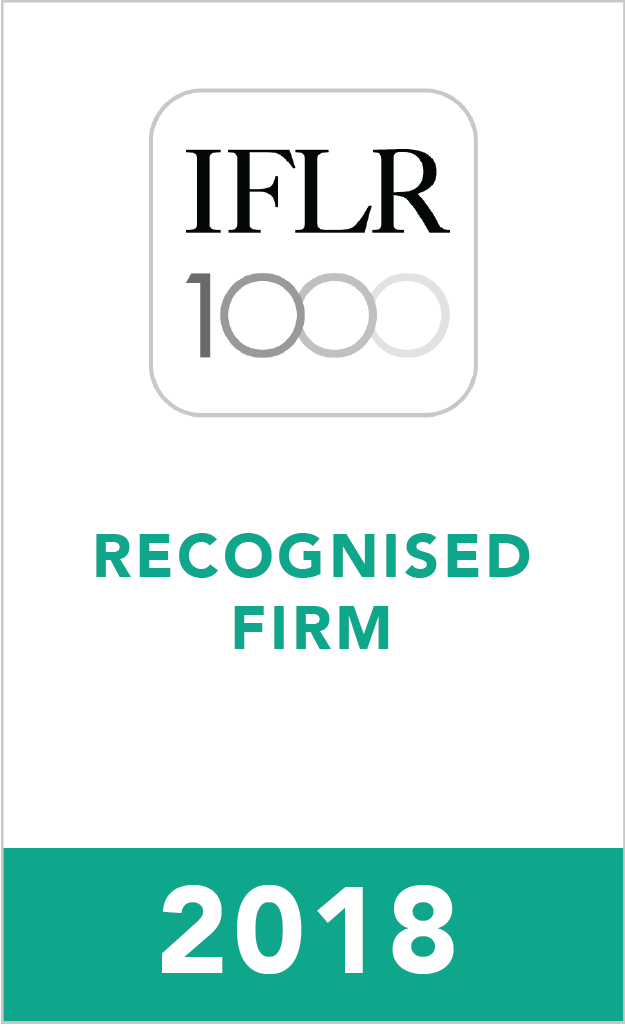The Tax Appeal Tribunal (TAT or “the Tribunal”) sitting in Lagos, recently delivered judgment in an appeal, Checkpoint Software Technologies B. V. Nig Ltd v Federal Inland Revenue Service, in which it set aside penalties imposed by the Federal Inland Revenue Service (FIRS) for non-compliance with the filing obligations prescribed by the Country-by-Country Reporting Regulations (“CbCR Regulations”).
The CbCR Regulations, issued by the FIRS in 2018, requires multinational entities (“MNEs”) operating in Nigeria to file annual reports disclosing certain information for the purpose of curbing transfer pricing abuses. Any MNE which fails to fulfil this obligation will be liable to a penalty of N5 million and an additional N10,000.00 for every day the non-compliance continues.
Section 61 of the FIRS (Establishment) Act (“FIRS Act” empowers the Board of the FIRS to make rules and regulations to give effect to the FIRS Act. The Tribunal found that the Federal Government had dissolved the boards of all its agencies (including the FIRS) in 2012 and did not reconstitute them until 2020. Given that there was no duly constituted FIRS Board in 2018, it was impossible for the CbCR Regulations to have been issued by the Board. The Tribunal consequently declared the CbCR Regulations a nullity.
The Tribunal also found that the CbCR Regulations were issued “to give effect to the provisions of the Country-by-Country Multilateral Competent Authority Agreement (“the CbC Agreement) signed by Nigeria on the 27th Day of January, 2016 and ratified by the Federal Executive Council (FEC) on the 3rd Day of August, 2016”.
According to the Tribunal, Section 12 of the Nigerian Constitution provides that no treaty between Nigeria and any other country can have the force of law in Nigeria until it is ratified by the National Assembly. Given that the CbC Agreement is a treaty that has not been ratified by the National Assembly, the Tribunal was of the view that the CbCR Regulations cannot be used as a backdoor to give it legal effect in Nigeria.
The Tribunal went further to hold that, even if the CbCR Regulations had been validly issued, the monetary penalties imposed by it should not have exceeded the amount prescribed in the enabling law – in this case, Section 49 of the FIRS Act which prescribes a maximum fine of N50, 000.00 in respect of offences for which no penalties are specifically provided in the FIRS Act.



